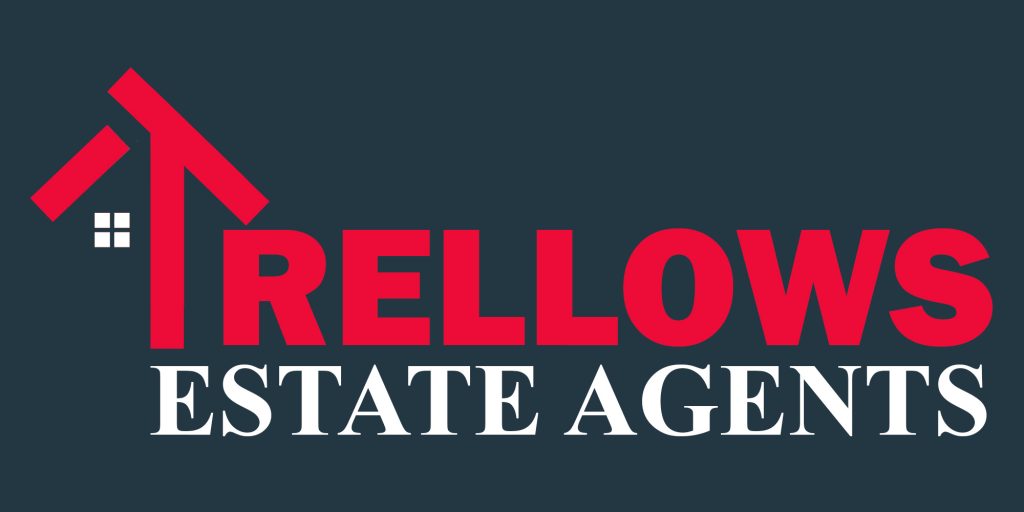 How do you potentially balance property buying and management with a full-time job? What strategies have you developed to build wealth and generate passive income?
How do you potentially balance property buying and management with a full-time job? What strategies have you developed to build wealth and generate passive income?
When it comes to investing in property there is a lot to learn.
Generic education has become one of the most important tools for landlords, according to Paul Shamplina, a director at Hamilton Fraser Group and founder of Landlord Action.
“One of the most common excuses I hear from landlords is ‘I didn’t know’,” he said.
Whether you are new to property or a long-term investor, it is important to keep on top of tax and regulatory changes, along with a wide range of other commitments.
Shamplina continued: “We enter education from a young age and then later, may take the path of further education which best suits our skillset or interests.
“No matter what we do, we are always learning. For example, when we start a new job, more often than not, we’re given training and guidance.”
Shamplina feels that part of the problem with the PRS is that for many, becoming a landlord started off as a “lucrative hobby, not a job”.
As the sector has grown, it has become entirely necessary to put some policies in place to protect the consumer and raise standards, just as a business would have in place for its employees and customer.
However, legislation has come so thick and fast that many landlords have struggled to keep up and have not recognised the need to educate themselves as a landlord.
He added: “If you are a landlord that likes managing your rental property yourself, building a relationship with your tenant so that they are encouraged to stay longer and treat your property as a home, that is fantastic.
“However, the latest count I read, was there are now 176 rules and regulations relating to letting a property, so my advice is to simply learn, learn, learn.
“I tell all the landlords and letting agents I train to go online at the beginning of the day before they get stuck into work mode, emails and calls, and just read what is going on in our industry.
Shamplina advises BTL landlords to visit various websites dedicated to the PRS, including Landlord Today.
He also advises landlords to join a landlord association such as NLA or RLA, as, in his view, they “provide the latest news, campaigns, lobbying, market trends and sign posting of recommended suppliers, as well as an advice line”.
He continued: “Being part of this community of professional landlords means collectively we have a stronger voice. This I have seen first-hand while sitting on the Fair Possessions Coalition in response to the government’s intentions to abolish Section 21.
“Along with many other organisations and associations in the industry, we’ve come together. We need more of this going forward.
“Landlord Redress will be mandatory in the not too distant future. Personally, I think this will be a positive move which will force landlords to be accountable, responsive and more compliant when renting out a property. And yes, this will require more learning because it means the consumer, your customer, will be able to make a complaint about your service.
“It’s tough enough working full time, being a parent, running your own house, etc. So, if you simply do not have the time to be a professional landlord, find a tenant, deal with all the compliance paperwork, arrange an inventory and handle regular communication with your tenants, I strongly advise you to use a managing agent.”







